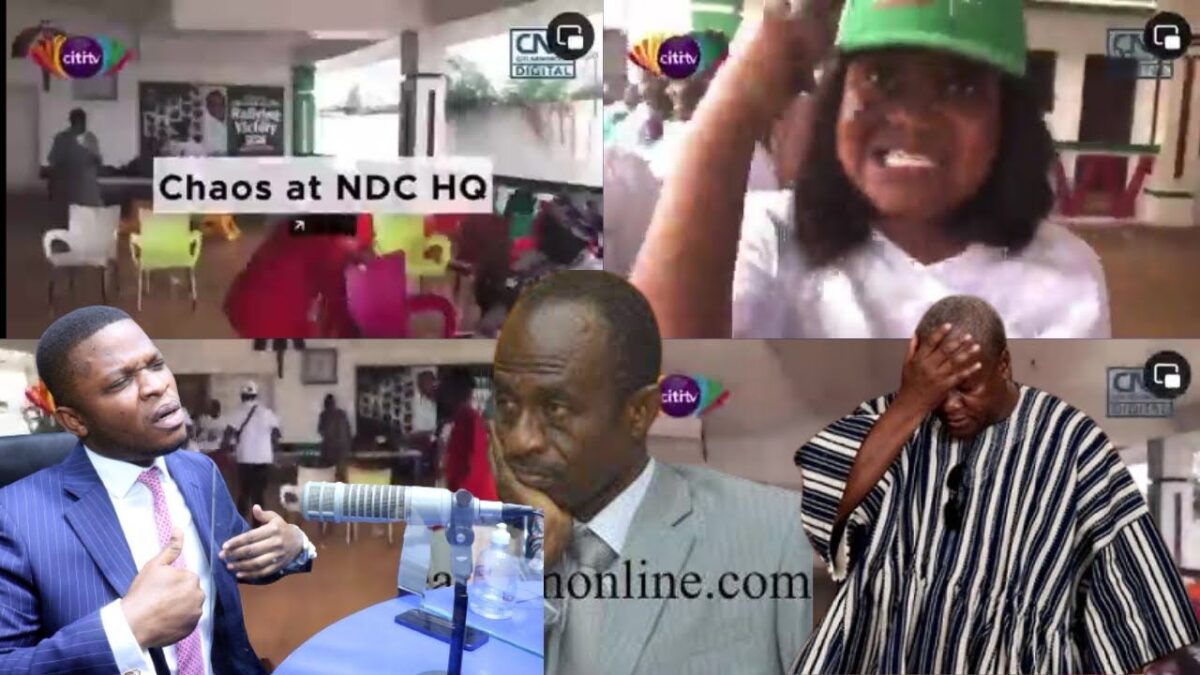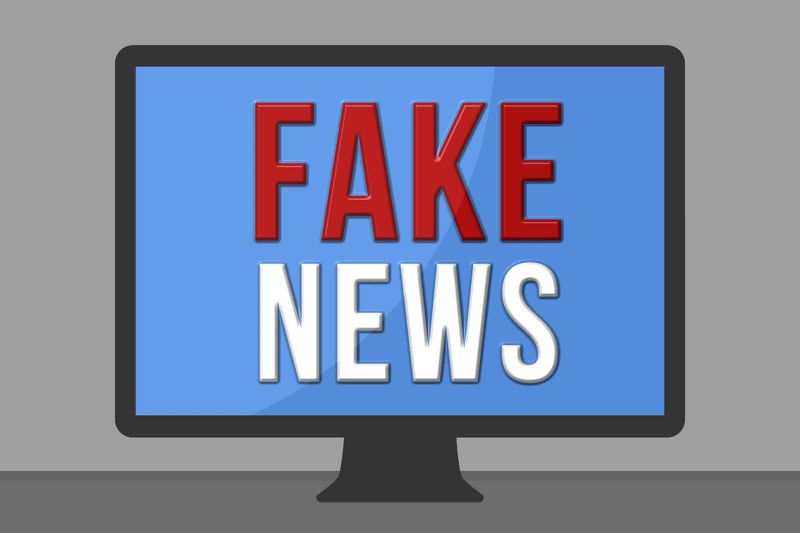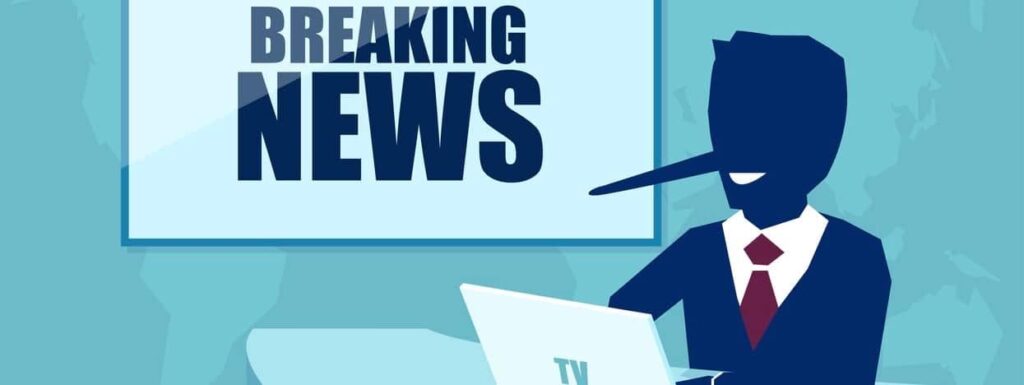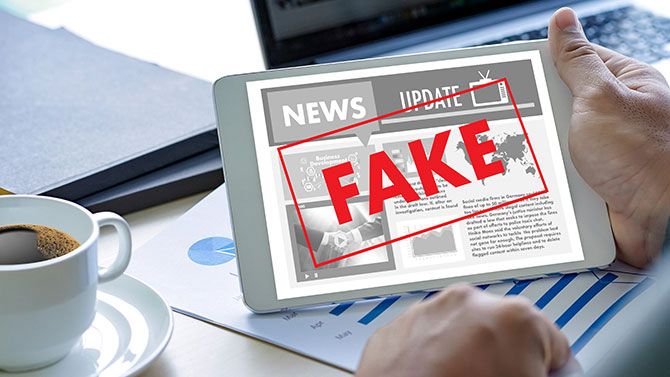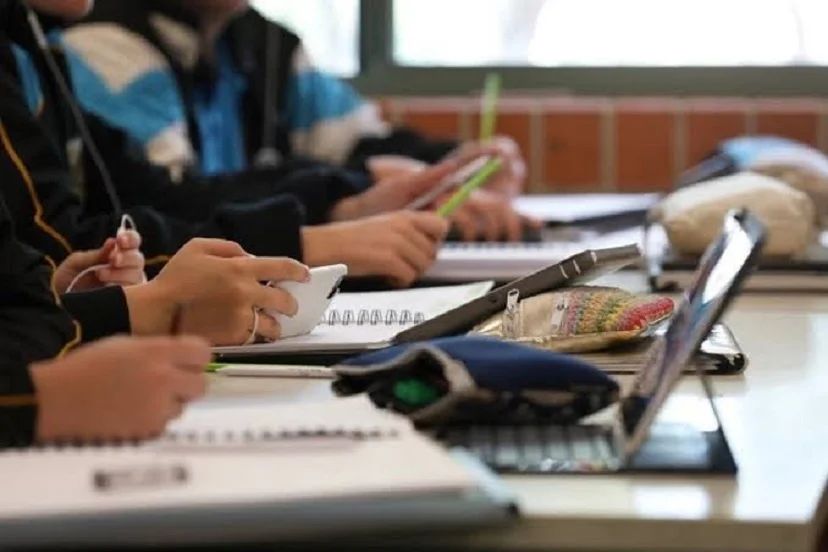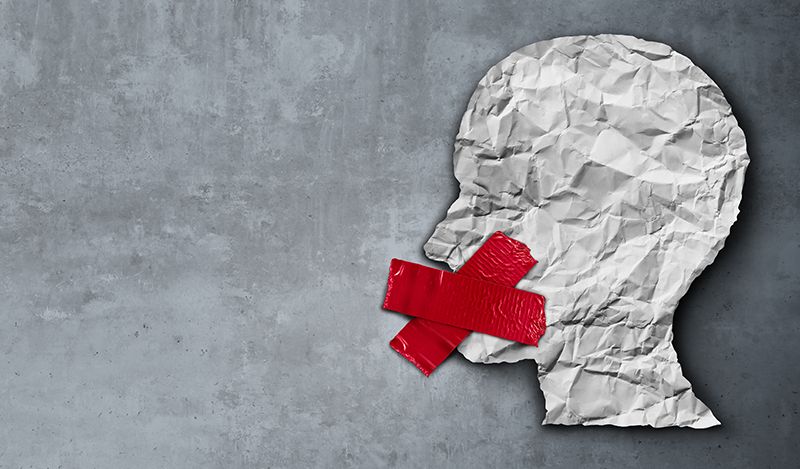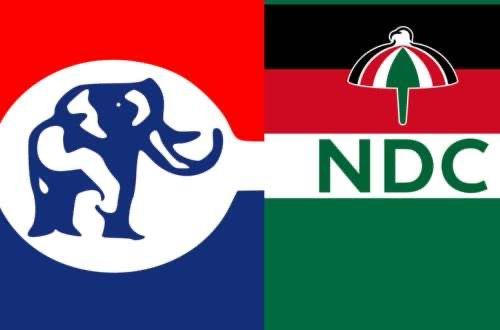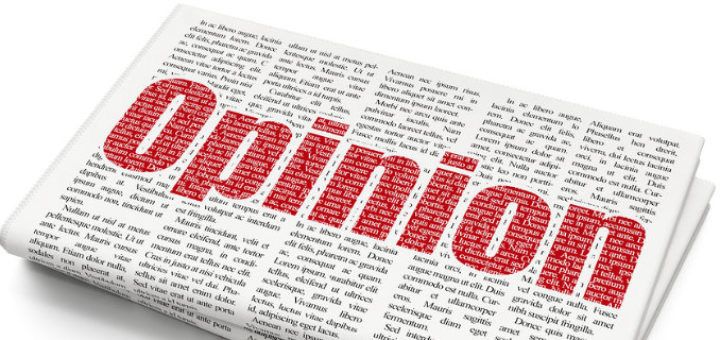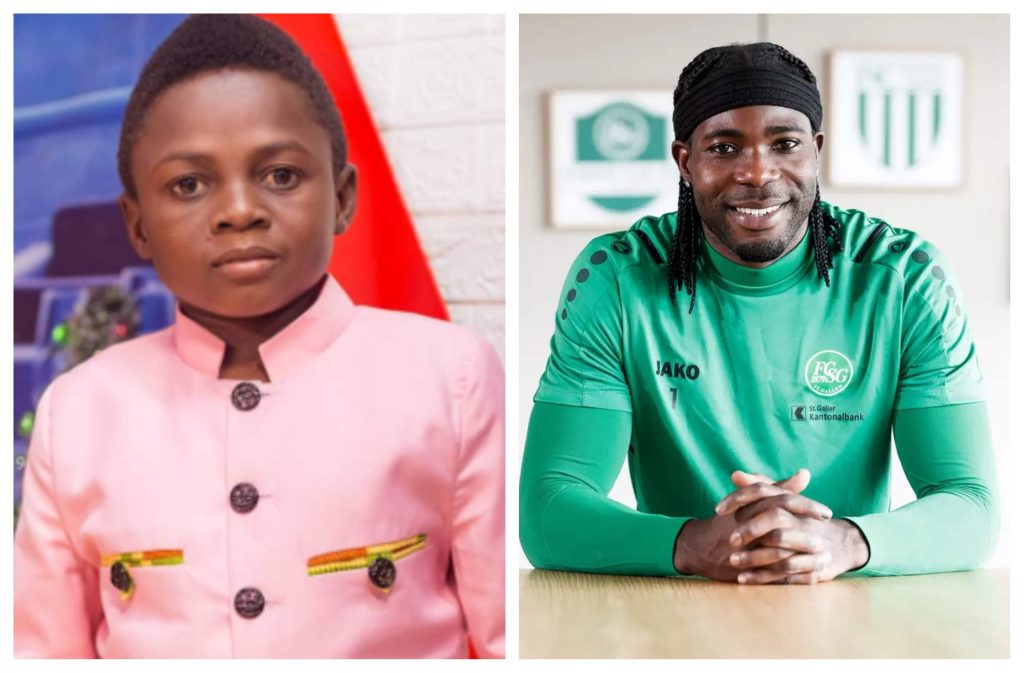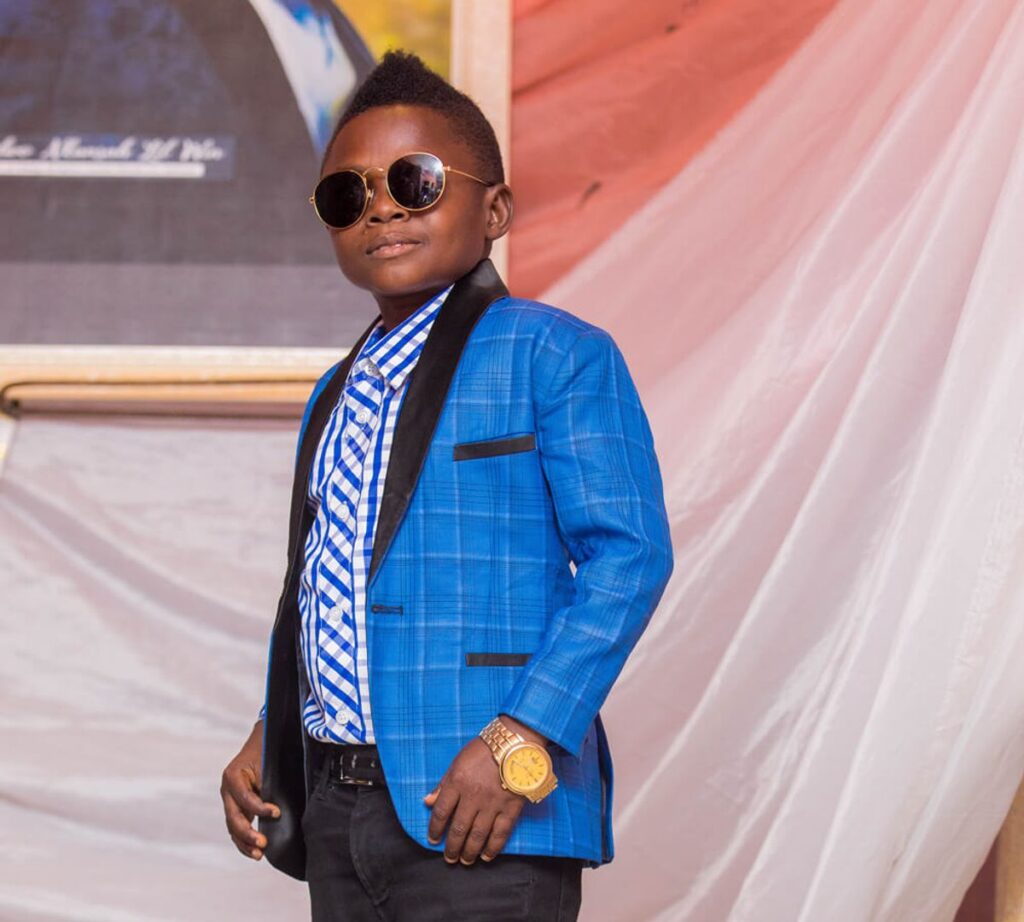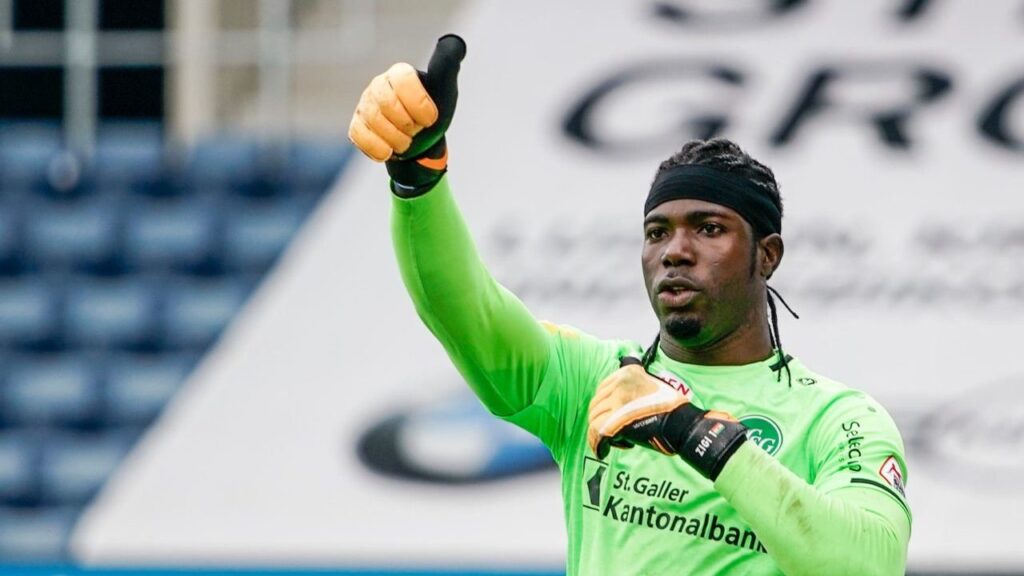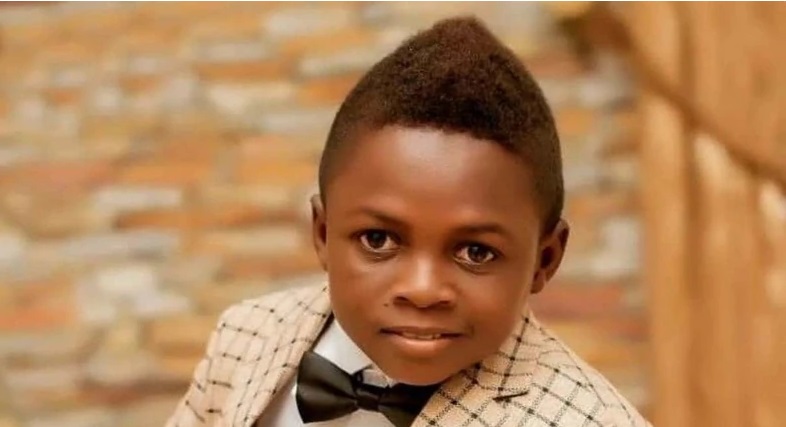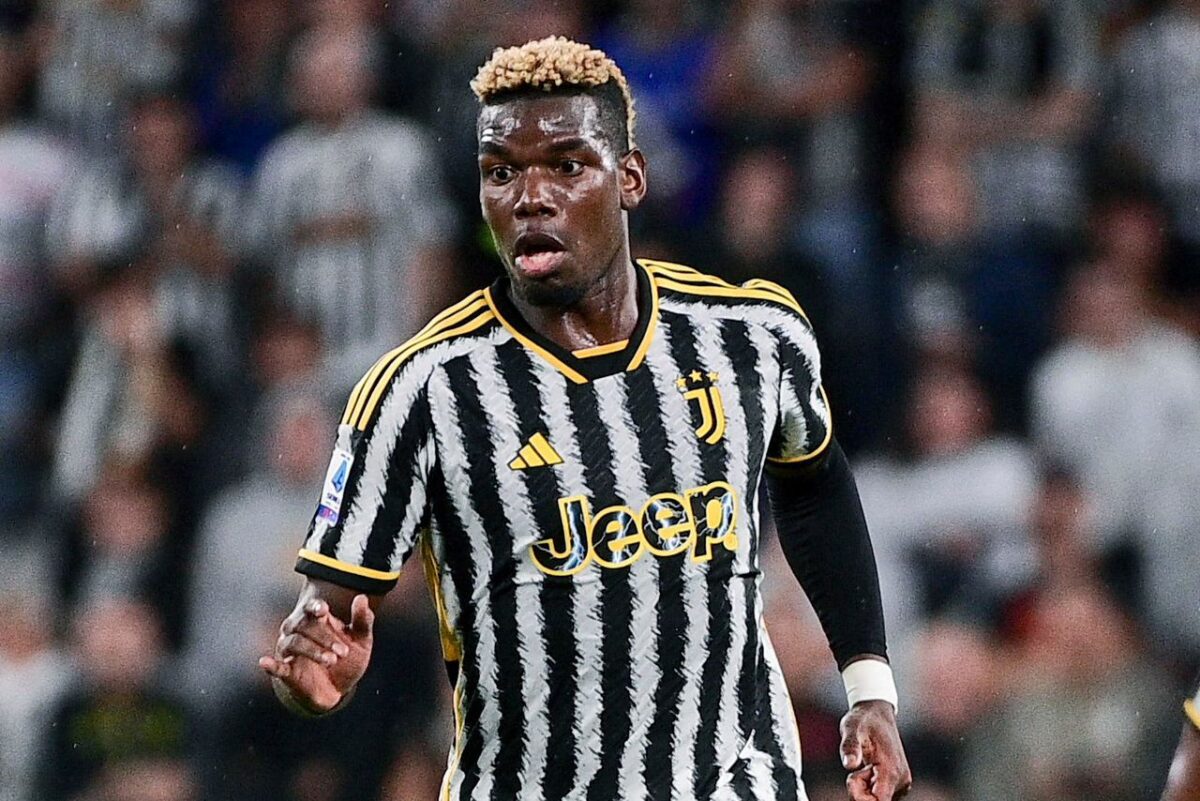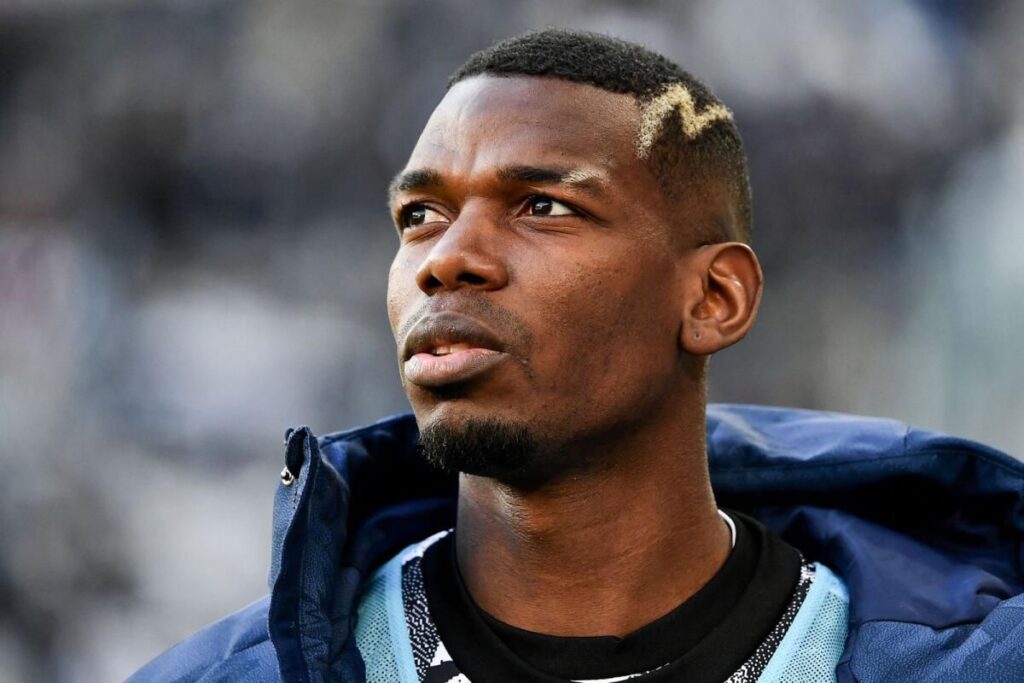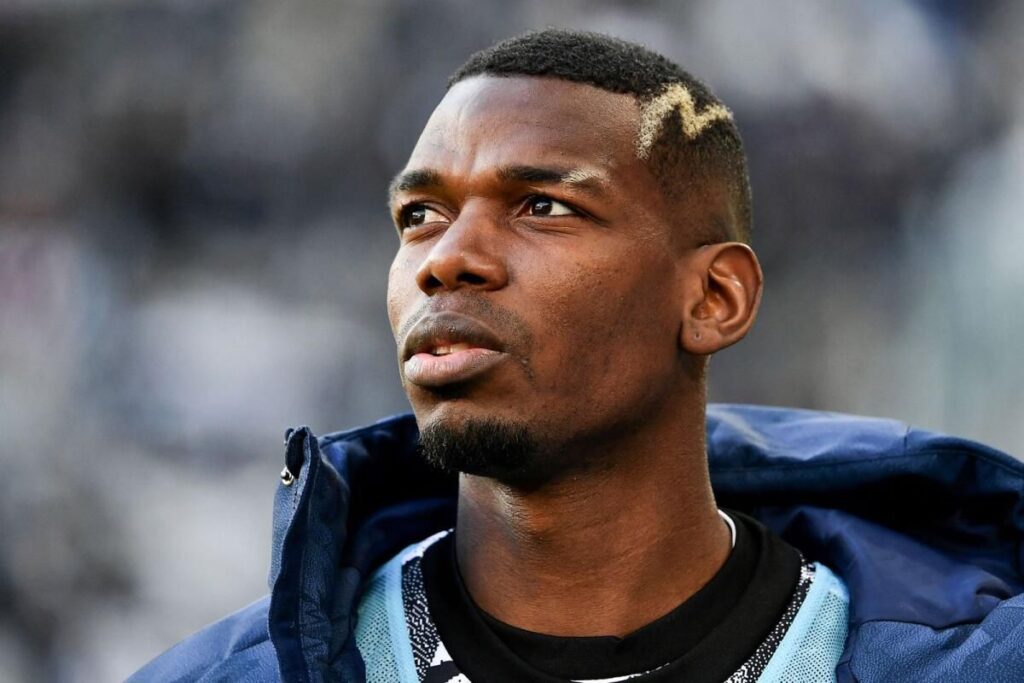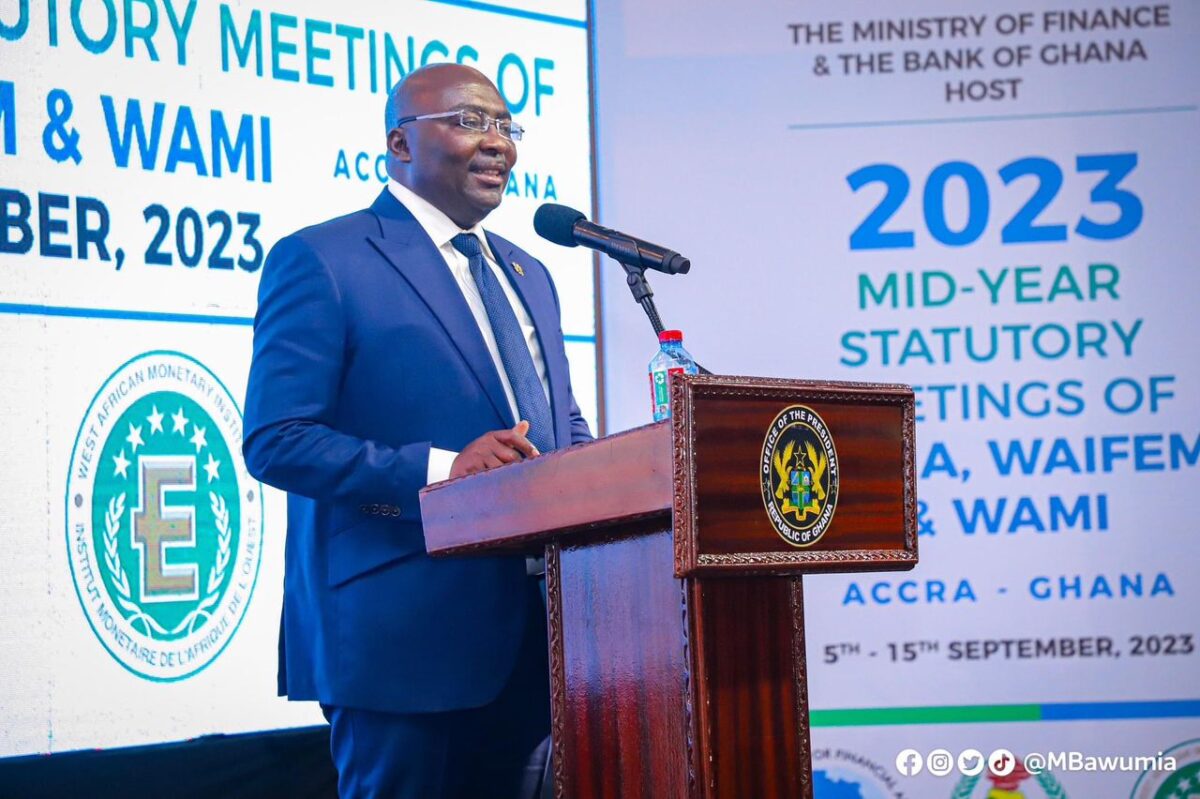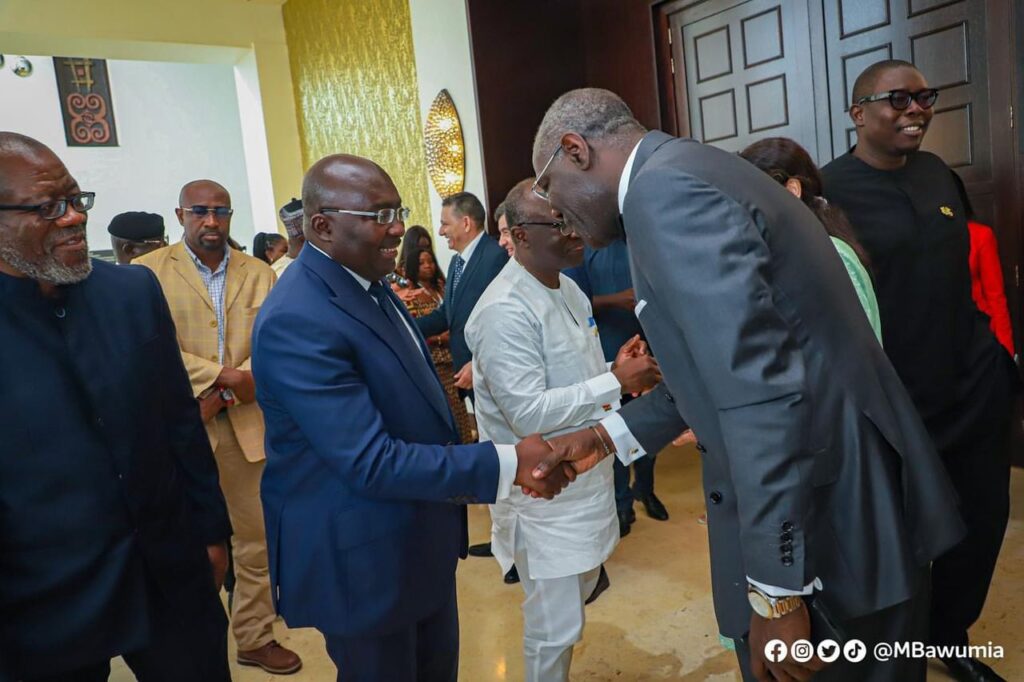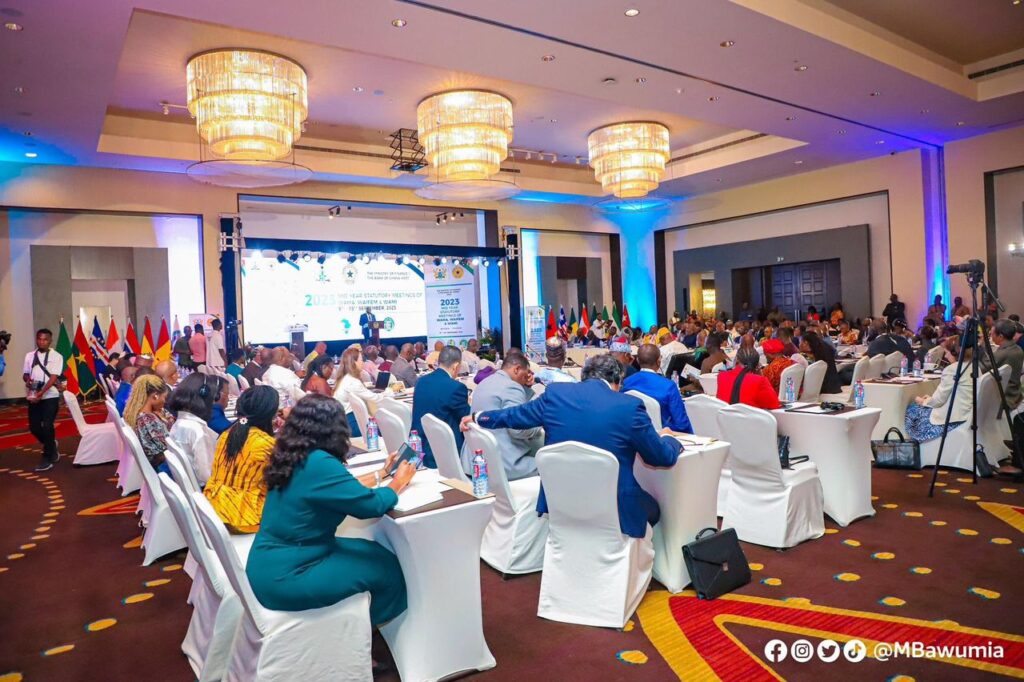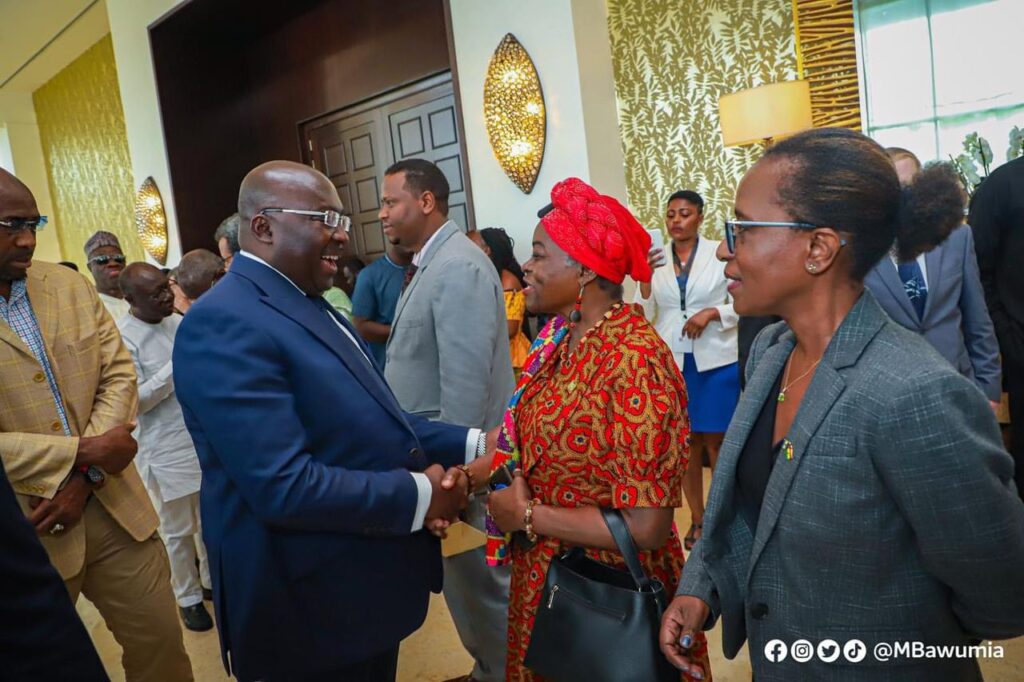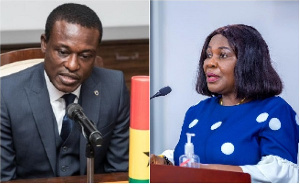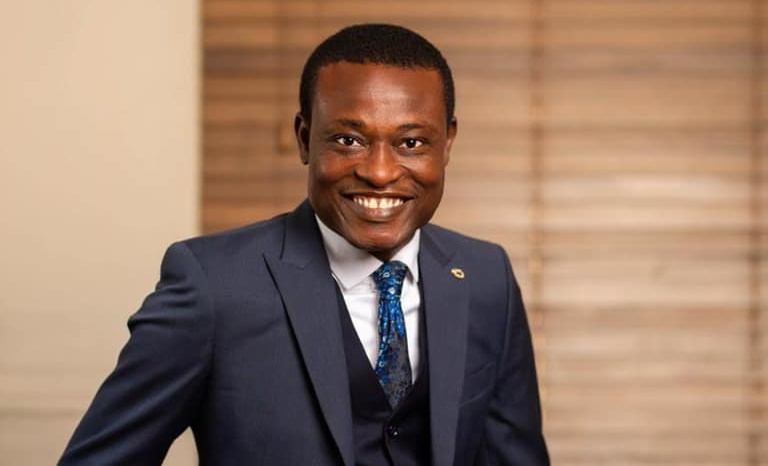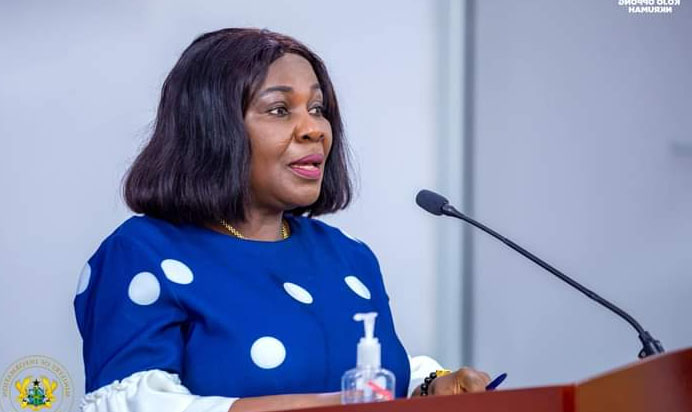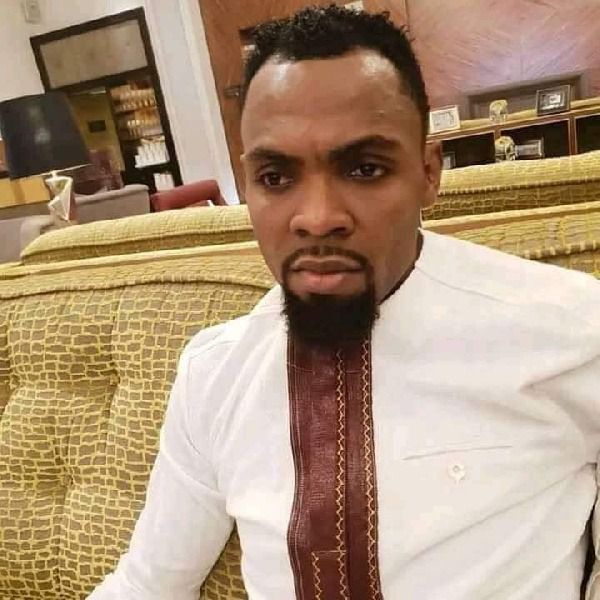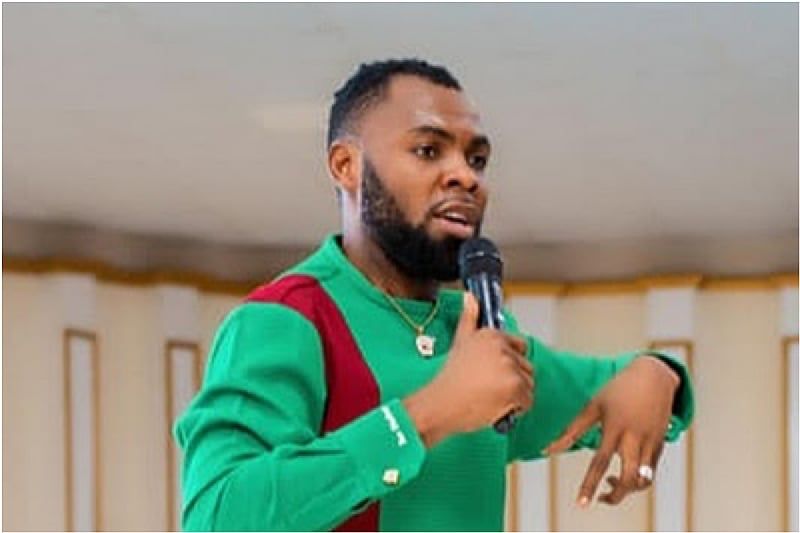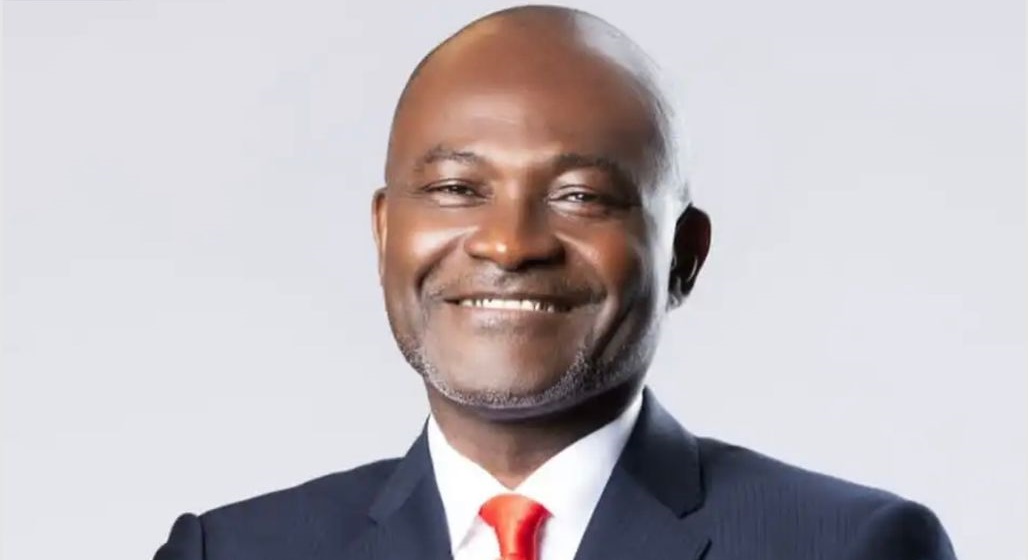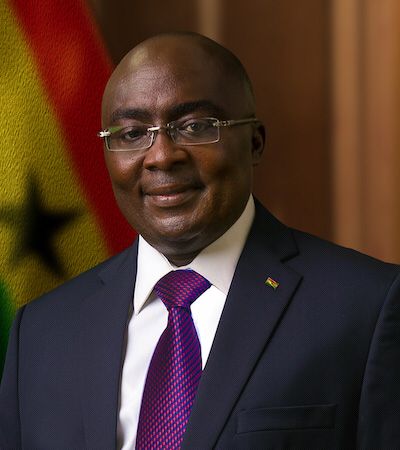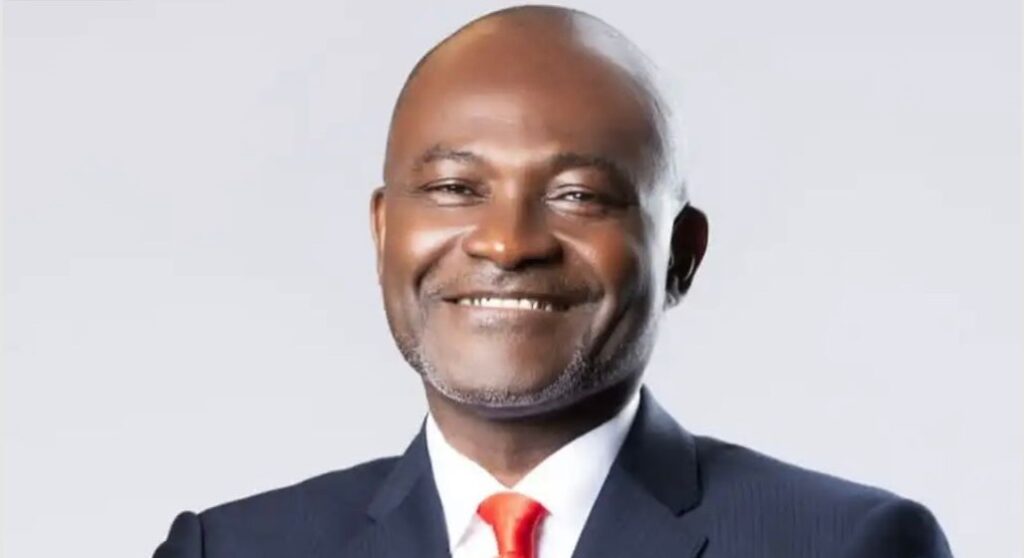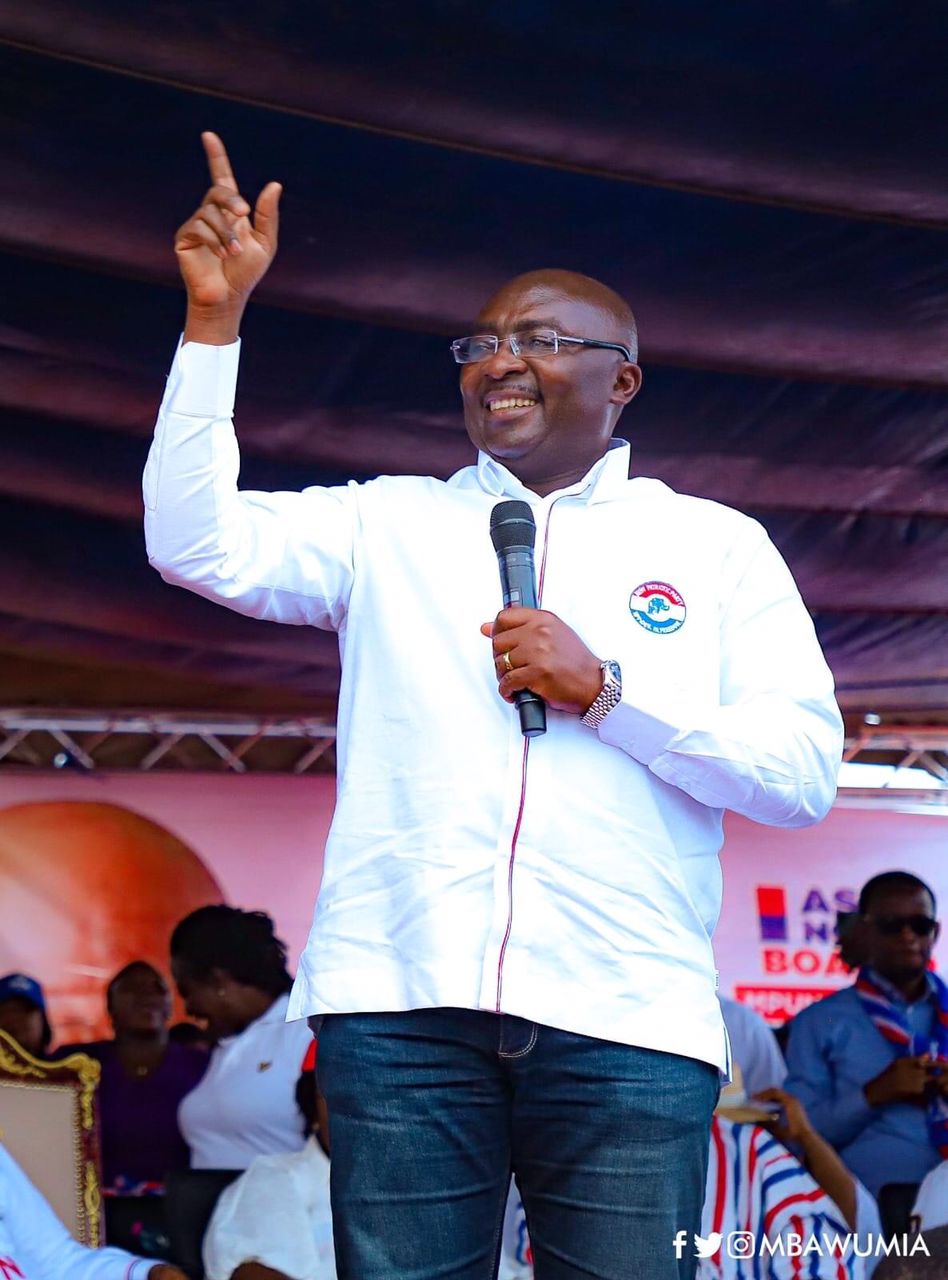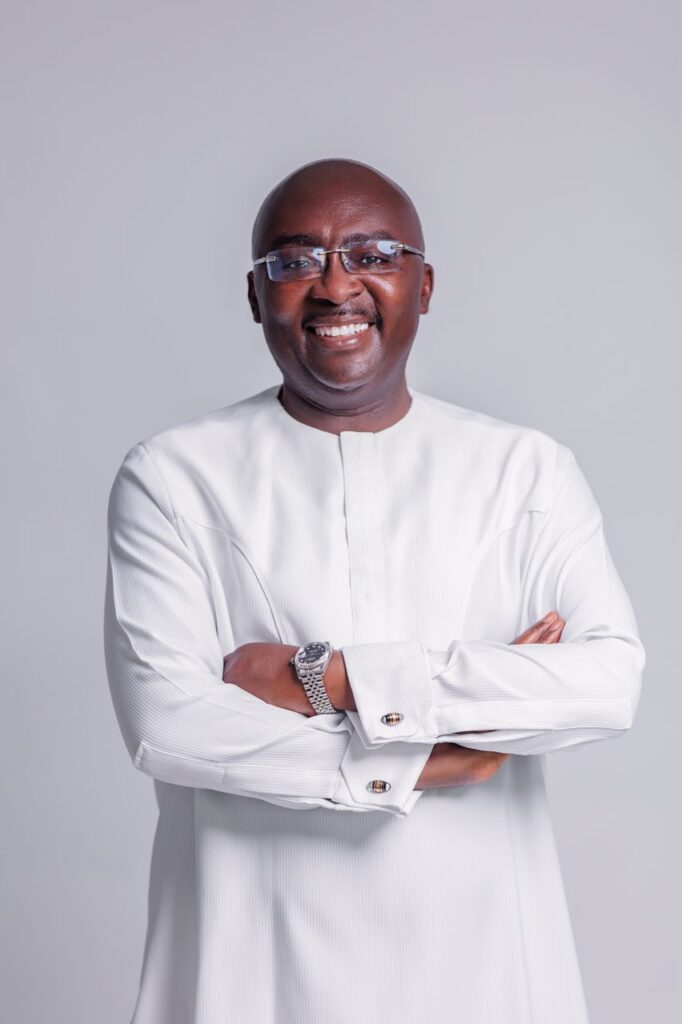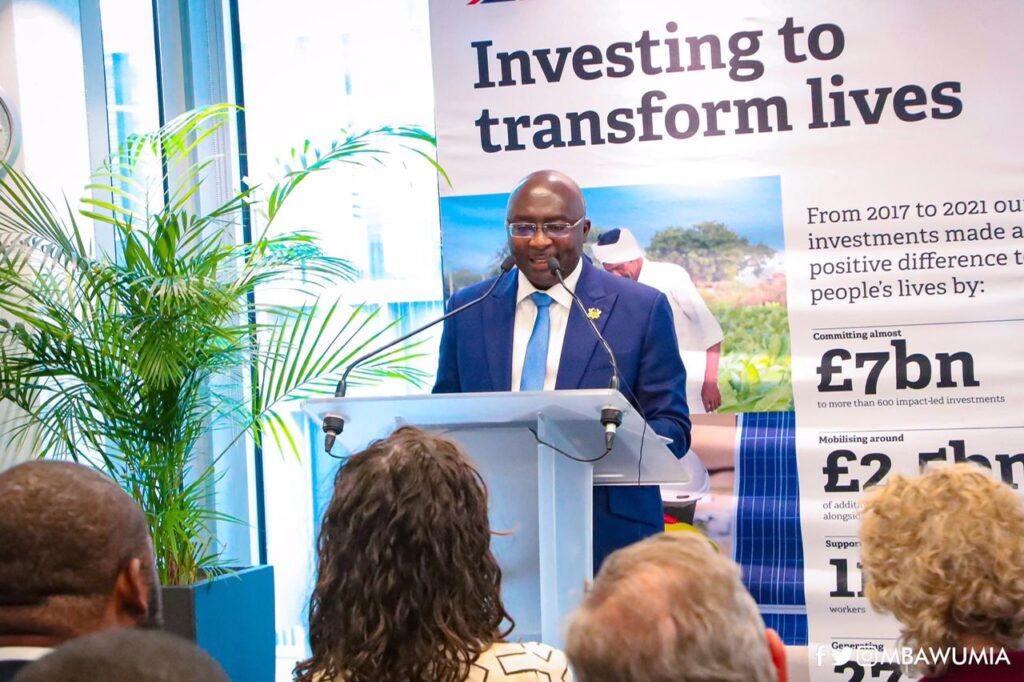In the midst of democratic elections, the integrity of a political party is crucial for upholding the principles of fairness and equality. Recent events surrounding the National Democratic Congress (NDC) in the Odododiodio constituency primaries have raised serious concerns about the influence of former President John Dramani Mahama and his alleged favoritism, which is eroding the party’s core values and threatening its very foundation.
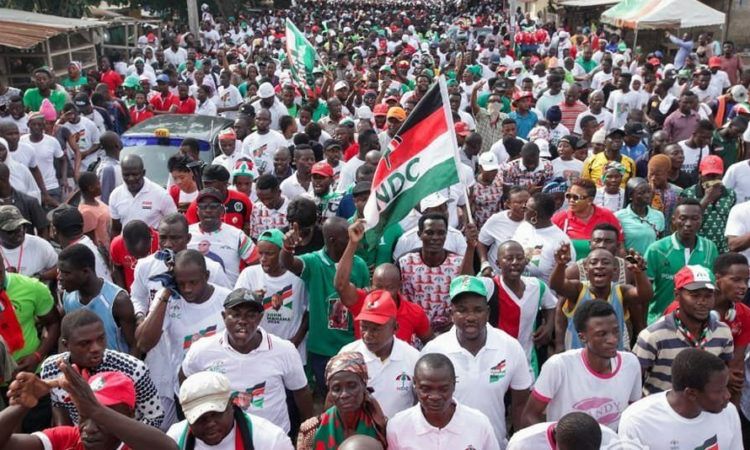
Scheduled for October 22, 2023, the NDC’s primaries in Odododiodio are meant to be a platform for the party’s members to choose their preferred candidate for the 2024 parliamentary elections. A fair and transparent process is essential to ensure that the chosen candidate truly represents the will of the people. However, disturbing reports of violence and undue interference have marred the run-up to the primaries.
Violence broke out during the vetting of candidates at the NDC headquarters, and it appears that former President Mahama’s influence is at the heart of the turmoil. Allegations suggest that he is actively working to eliminate real competition and promote a candidate of his choice. This not only undermines the principles of democracy but also threatens the very fabric of the NDC.
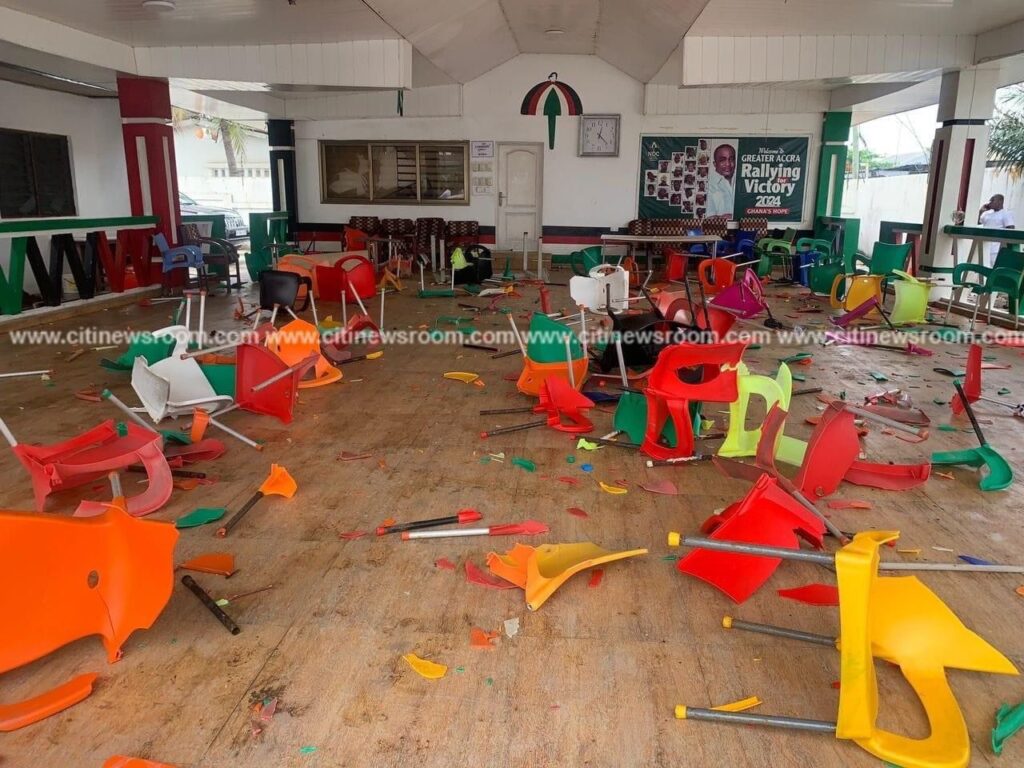
One particularly alarming incident is the assault on Citi FM journalist Akosua Otchare, who was merely doing her job by covering the vetting process. Such attacks on the media are not only violations of press freedom but also an affront to the democratic values that the NDC claims to uphold. A healthy democracy depends on a free and independent press to hold those in power accountable and to provide the public with information about the political process.
Former President Mahama, as the presidential candidate for the NDC, wields significant influence within the party. However, his involvement in the internal selection process raises questions about whether the NDC is becoming a one-man show rather than a party of collective decisions. It is crucial to remember that the strength of a political party lies in its ability to accommodate diverse perspectives and voices.
This situation is not just a concern for the NDC’s internal affairs but has broader implications for the entire democratic process in Ghana. A party’s internal dysfunction can weaken its ability to provide a strong opposition and hold the ruling party accountable. A divided and biased party may alienate its supporters, leading to disillusionment among the electorate.
The NDC, as one of Ghana’s major political parties, should be a shining example of democracy in action. The favoritism and violence surrounding the Odododiodio primaries have the potential to erode the trust and support the party enjoys among its members and the general public.
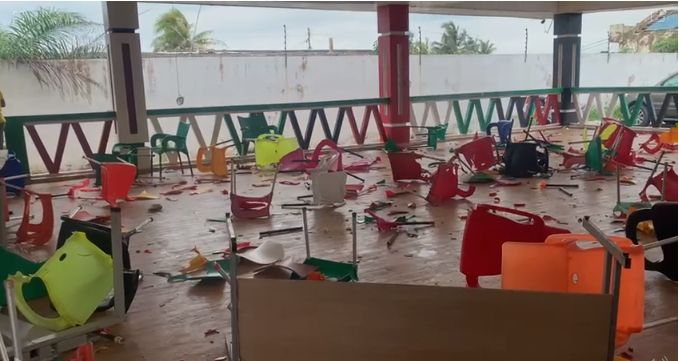
It is crucial that the NDC addresses these allegations of favoritism and violence promptly and transparently. The party must demonstrate its commitment to the principles of democracy, free and fair elections, and the protection of press freedom. Ghana’s democracy thrives when political parties maintain a level playing field, fostering inclusivity and transparency. Failure to do so could have severe consequences for the NDC and the health of the nation’s democracy as a whole.

